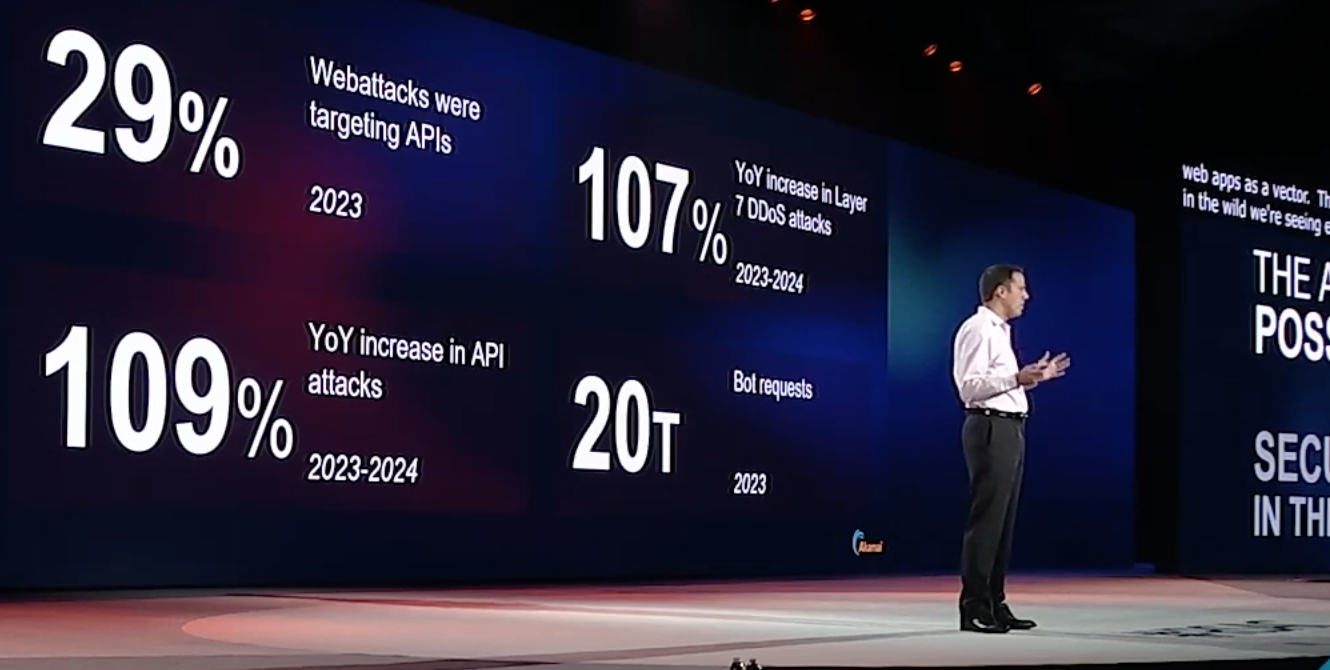Banks blamed as British lead the world on phishing
A new report from RSA claims that the UK is the most phished country in the world, thanks to the speed in which money can be ‘cashed out’.

The British are victims of the most phishing attacks in the world, according to RSA, with the UK encountering 40 per cent of the 135,426 total cases it detected.
This was more than even the US, which saw 37 per cent of phishing attacks. This surprising statistic was explained by several massive surges against a comparably small number of UK financial institutions during 2008.
Sean Grady, manager of product marketing at RSA, said that UK organisations endured more phishing attacks specifically because of the functionality in the UK banking system in using the faster payments approach the ability to do real-time or near real-time money transfers.
Grady said the whole goal of phishing attacks is to do what criminals refer to as cashing out'. He said: "The UK makes its financial institutions very attractive targets to the fraudsters, because you can transfer money before it can be traced and caught."
Grady said that although UK banking institutions were aware of the security implications, it didn't make them any less susceptible to attack. Attacks were also skewed against larger institutions.
The report also revealed that the number of phishing attacks detected grew by 66 per cent in 2008 over those detected throughout 2007. This was explained by fast-flux' initiated attacks, as well as the increasing use of malware as a service.
Another report released today from the Federation of Small Businesses (FSB) revealed the costs of online fraud to small businesses added up to an average 800 every year.
Get the ITPro daily newsletter
Sign up today and you will receive a free copy of our Future Focus 2025 report - the leading guidance on AI, cybersecurity and other IT challenges as per 700+ senior executives
The FSB said that more than half of businesses reported being a victim of crime in the last 12 months, with most having problems with phishing emails and the rest falling foul of problems like 'card not present' fraud or viruses.
-
 Should AI PCs be part of your next hardware refresh?
Should AI PCs be part of your next hardware refresh?AI PCs are fast becoming a business staple and a surefire way to future-proof your business
By Bobby Hellard Published
-
 Westcon-Comstor and Vectra AI launch brace of new channel initiatives
Westcon-Comstor and Vectra AI launch brace of new channel initiativesNews Westcon-Comstor and Vectra AI have announced the launch of two new channel growth initiatives focused on the managed security service provider (MSSP) space and AWS Marketplace.
By Daniel Todd Published
-
 'You need your own bots' to wage war against rogue AI, warns Varonis VP
'You need your own bots' to wage war against rogue AI, warns Varonis VPNews Infosec pros are urged to get serious about data access control and automation to thwart AI breaches
By Rene Millman Published
-
 CrowdStrike CEO: Embrace AI or be crushed by cyber crooks
CrowdStrike CEO: Embrace AI or be crushed by cyber crooksNews Exec urges infosec bods to adopt next-gen SIEM driven by AI – or risk being outpaced by criminals
By Rene Millman Published
-
 Microsoft security boss warns AI insecurity 'unprecedented' as tech goes mainstream
Microsoft security boss warns AI insecurity 'unprecedented' as tech goes mainstreamNews RSA keynote paints a terrifying picture of billion-plus GenAI users facing innovative criminal tactics
By Rene Millman Published
-
 APIcalypse Now: Akamai CSO warns of surging attacks and backdoored open source components
APIcalypse Now: Akamai CSO warns of surging attacks and backdoored open source componentsNEWS Apps and APIs bear the brunt as threat actors pivot to living off the land
By Rene Millman Published
-
 AI is changing the game when it comes to cyber security
AI is changing the game when it comes to cyber securityNews With AI becoming more of an everyday reality, innovative strategies are needed to counter increasingly sophisticated threats
By Rene Millman Published
-
 RSAC Chairman urges collaboration to ensure collective defense in security
RSAC Chairman urges collaboration to ensure collective defense in securityNews Chairman emphasizes the critical need for cooperation among cyber security experts
By Rene Millman Published
-
 IT Pro Live: The future of encryption
IT Pro Live: The future of encryptionVideo AI and quantum ccomputing could be about to change the face of security forever
By IT Pro Published
-
 Mobile apps now most common method of fraud
Mobile apps now most common method of fraudNews RSA Security report highlights the rise in burner devices and rogue apps
By Bobby Hellard Published